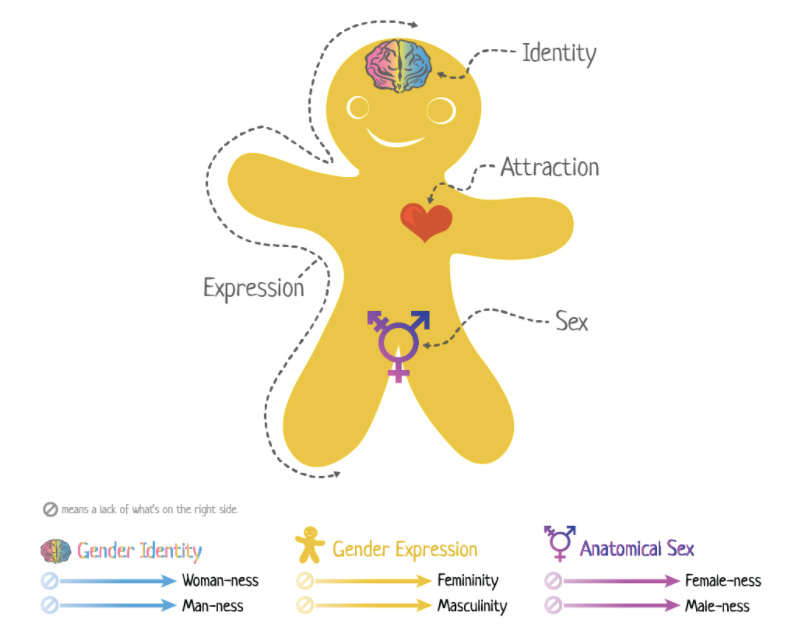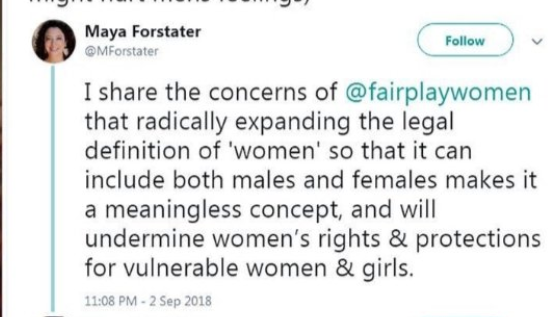The power of the powerless

In honour of pride month I am re-publishing my illustrated version (first published on Medium Feb 1st 2021) of excerpts from the 1978 essay The Power of the Powerless written by Václav Havel, dissident, and later President of Czechoslovakia.
It is an essay about how totalitarian regimes turn ordinary citizens into dissidents. And about how individuals ‘living within the truth’ can break the spell of a totalising lie. I have updated some of the pictures.

Excerpts….
The manager of a fruit-and-vegetable shop places in his window, among the onions and carrots, the slogan: “Workers of the world, unite! Why does he do it? What is he trying to communicate to the world? Is he genuinely enthusiastic about the idea of unity among the workers of the world? Is his enthusiasm so great that he feels an irrepressible impulse to acquaint the public with his ideals? Has he really given more than a moments thought to how such a unification might occur and what it would mean?

That poster was delivered to our greengrocer from the enterprise headquarters along with the onions and carrots. He put them all into the window simply because it has been done that way for years, because everyone does it, and because that is the way it has to be. If he were to refuse, there could be trouble. He could be reproached for not having the proper decoration in his window; someone might even accuse him of disloyalty.

The slogan is really a sign, and as such it contains a subliminal but very definite message. Verbally, it might be expressed this way: “I, the greengrocer XY, live here and I know what I must do. I behave in the manner expected of me. I can be depended upon and am beyond reproach. I am obedient and therefore I have the right to be left in peace.”

Let us take note: if the greengrocer had been instructed to display the slogan “I am afraid and therefore unquestioningly obedient; he would not be nearly as indifferent to its semantics, even though the statement would reflect the truth. The greengrocer would be embarrassed and ashamed to put such an unequivocal statement of his own degradation in the shop window, and quite naturally so, for he is a human being and thus has a sense of his own dignity.

To overcome this complication, his expression of loyalty must take the form of a sign which, at least on its textual surface, indicates a level of disinterested conviction. It must allow the greengrocer to say, “Whats wrong with the workers of the world uniting?” Thus the sign helps the greengrocer to conceal from himself the low foundations of his obedience, at the same time concealing the low foundations of power. It hides them behind the facade of something high. And that something is ideology.

We have seen that the real meaning of the greengrocers slogan has nothing to do with what the text of the slogan actually says. Even so, this real meaning is quite clear and generally comprehensible because the code is so familiar: the greengrocer declares his loyalty (and he can do no other if his declaration is to be accepted) in the only way the regime is capable of hearing; that is, by accepting the prescribed ritual, by accepting appearances as reality, by accepting the given rules of the game. In doing so, however, he has himself become a player in the game, thus making it possible for the game to go on, for it to exist in the first place.









Let us now imagine that one day something in our greengrocer snaps and he stops putting up the slogans merely to ingratiate himself. He stops voting in elections he knows are a farce. He begins to say what he really thinks at political meetings. And he even finds the strength in himself to express solidarity with those whom his conscience commands him to support. In this revolt the greengrocer steps out of living within the lie. He rejects the ritual and breaks the rules of the game. He discovers once more his suppressed identity and dignity. He gives his freedom a concrete significance. His revolt is an attempt to live within the truth.

The bill is not long in coming. He will be relieved of his post as manager of the shop and transferred to the warehouse. His pay will be reduced. His hopes for a holiday in Bulgaria will evaporate. His children’s access to higher education will be threatened. His superiors will harass him and his fellow workers will wonder about him. Most of those who apply these sanctions, however, will not do so from any authentic inner conviction but simply under pressure from conditions, the same conditions that once pressured the greengrocer to display the official slogans.

The greengrocer has not committed a simple, individual offence, isolated in its own uniqueness, but something incomparably more serious. By breaking the rules of the game, he has disrupted the game as such. He has exposed it as a mere game. He has shattered the world of appearances, the fundamental pillar of the system. He has upset the power structure by tearing apart what holds it together. He has demonstrated that living a lie is living a lie. He has broken through the exalted facade of the system and exposed the real, base foundations of power. He has said that the emperor is naked. And because the emperor is in fact naked, something extremely dangerous has happened: by his action, the greengrocer has addressed the world. He has enabled everyone to peer behind the curtain. He has shown everyone that it is possible to live within the truth.

Demanding that the laws be upheld is thus an act of living within the truth that threatens the whole mendacious structure at its point of maximum mendacity. Over and over again, such appeals make the purely ritualistic nature of the law clear to society and to those who inhabit its power structures. They draw attention to its real material substance and thus, indirectly, compel all those who take refuge behind the law to affirm and make credible this agency of excuses, this means of communication, this reinforcement of the social arteries outside of which their will could not be made to circulate through society.

Our greengrocer’s attempt to live within the truth may be confined to not doing certain things. He decides not to put flags in his window when his only motive for putting them there in the first place would have been to avoid being reported by the house warden; he does not vote in elections that he considers false; he does not hide his opinions from his superiors. In other words, he may go no further than “merely” refusing to comply with certain demands made on him by the system (which of course is not an insignificant step to take). This may, however, grow into something more. The greengrocer may begin to do something concrete, something that goes beyond an immediately personal self-defensive reaction against manipulation, something that will manifest his newfound sense of higher responsibility. He may, for example, organize his fellow greengrocers to act together in defense of their interests. He may write letters to various institutions, drawing their attention to instances of disorder and injustice around him. He may seek out unofficial literature, copy it, and lend it to his friends

Living within the lie can constitute the system only if it is universal. The principle must embrace and permeate everything. There are no terms whatsoever on which it can co-exist with living within the truth, and therefore everyone who steps out of line denies it in principle and threatens it in its entirety. This is understandable: as long as appearance is not confronted with reality, it does not seem to be appearance. As long as living a lie is not confronted with living the truth, the perspective needed to expose its mendacity is lacking. As soon as the alternative appears, however, it threatens the very existence of appearance and living a lie in terms of what they are, both their essence and their all-inclusiveness.
If the main pillar of the system is living a lie, then it is not surprising that the fundamental threat to it is living the truth. This is why it must be suppressed more severely than anything else.
